On Thursday 19th June, Bournemouth University hosted a Research Staff Association (RSA) away day dedicated to supporting research staff across faculties. The event, themed Getting Started, Securing Funding, and Advancing Careers, brought together a small but engaged group of around 10 research staff members from across the university. While modest in size, the group dynamic created a welcoming and inclusive atmosphere that encouraged open discussion, shared experiences, and deep reflection.
The away day was organised by RSA Rep Dr. Gladys Yinusa (FHSS), with support from RSA Reps Dr. Pooja Shah (FHSS) and Dr. Michael Adjeisah. The agenda focused on practical tools and insights to support early- and mid-career researchers in navigating the complexities of academic funding and career development.
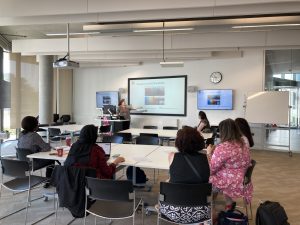 We kicked off the day with a hands-on workshop delivered by BU’s Research Development and Support (RDS) team. This session, Getting Started with Grant Applications, demystified the process of identifying funding opportunities, understanding funder expectations, and developing strong proposals. The RDS team’s practical advice was especially useful for those of us who are still finding our footing in the world of grant writing, and the interactive format gave everyone the chance to ask questions relevant to their own projects.
We kicked off the day with a hands-on workshop delivered by BU’s Research Development and Support (RDS) team. This session, Getting Started with Grant Applications, demystified the process of identifying funding opportunities, understanding funder expectations, and developing strong proposals. The RDS team’s practical advice was especially useful for those of us who are still finding our footing in the world of grant writing, and the interactive format gave everyone the chance to ask questions relevant to their own projects.
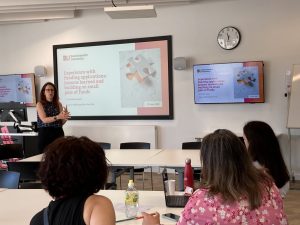 The second session featured a case study presentation by Dr Michelle Heward from FST. Michelle shared her personal journey navigating funding applications, reflecting on both challenges and successes. Her talk, Experience with Funding Applications: Lessons Learned and Building on Small Pots of Funds, offered a candid look at the realities of funding in academia. She highlighted how starting small—such as with pilot grants or internal funding—can build the credibility and track record needed to apply for larger awards. Michelle’s honesty and encouragement were appreciated by all, and her story resonated with many of the early-career researchers in the room.
The second session featured a case study presentation by Dr Michelle Heward from FST. Michelle shared her personal journey navigating funding applications, reflecting on both challenges and successes. Her talk, Experience with Funding Applications: Lessons Learned and Building on Small Pots of Funds, offered a candid look at the realities of funding in academia. She highlighted how starting small—such as with pilot grants or internal funding—can build the credibility and track record needed to apply for larger awards. Michelle’s honesty and encouragement were appreciated by all, and her story resonated with many of the early-career researchers in the room.
Beyond the sessions, the away day sparked rich conversations about the broader research culture at BU. A recurring theme was the sense of isolation often experienced by research staff—working on fixed-term contracts, across departments, and sometimes with limited opportunities to connect with peers. We discussed the need for more visible and accessible research communities within the university and brainstormed ways to build a greater sense of belonging.
There was also discussion around the design of future training opportunities—both inclusive of and separate from the doctoral college—to ensure relevance and usefulness for all research career stages. Participants expressed interest in more tailored sessions that reflect the diverse needs and experiences of researchers across faculties.
The away day was a valuable reminder of the importance of coming together as a research community. It gave us space to share knowledge, learn from each other, and feel seen in roles that are often overlooked. We’re looking forward to building on the momentum from this event to strengthen networks, advocate for researcher needs, and continue creating opportunities for meaningful connection and career development.
Dr Pooja Shah,
Postdoctoral researcher
TANGERINE Project (nuTritional heAlth aNd aGeing in oldER ethnIc miNoritiEs)
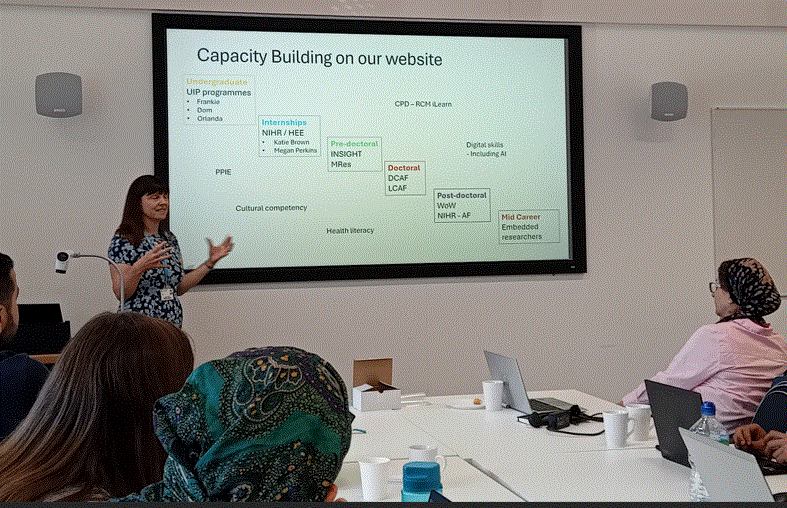 Today was the first day of strategic planning for the MIHERC project. Our collaborators from Sheffield and Doncaster came down to Bournemouth University to discuss progress, meet with midwifery practitioners from University Hospital Dorset NHS Foundation Trust,
Today was the first day of strategic planning for the MIHERC project. Our collaborators from Sheffield and Doncaster came down to Bournemouth University to discuss progress, meet with midwifery practitioners from University Hospital Dorset NHS Foundation Trust, and plan action for the coming year.
and plan action for the coming year.  MIHERC comprises an interdisciplinary team, led by Prof. Hora Soltani at Sheffield Hallam University, which has members from ethnically and professionally diverse colleagues from Sheffield Hallam University, Bournemouth University and Doncaster City Council.
MIHERC comprises an interdisciplinary team, led by Prof. Hora Soltani at Sheffield Hallam University, which has members from ethnically and professionally diverse colleagues from Sheffield Hallam University, Bournemouth University and Doncaster City Council.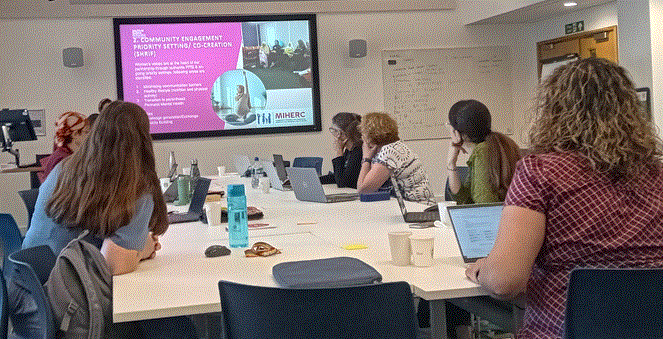
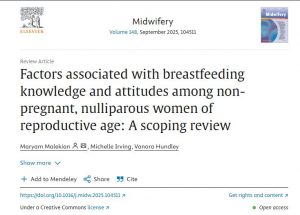 Malekian M, Irving M, Hundley V (2025) Factors associated with breastfeeding knowledge and attitudes among non-pregnant, nulliparous women of reproductive age: A Scoping review. Midwifery, vol 148, September, 104511
Malekian M, Irving M, Hundley V (2025) Factors associated with breastfeeding knowledge and attitudes among non-pregnant, nulliparous women of reproductive age: A Scoping review. Midwifery, vol 148, September, 104511

 We kicked off the day with a hands-on workshop delivered by BU’s Research Development and Support (RDS) team. This session, Getting Started with Grant Applications, demystified the process of identifying funding opportunities, understanding funder expectations, and developing strong proposals. The RDS team’s practical advice was especially useful for those of us who are still finding our footing in the world of grant writing, and the interactive format gave everyone the chance to ask questions relevant to their own projects.
We kicked off the day with a hands-on workshop delivered by BU’s Research Development and Support (RDS) team. This session, Getting Started with Grant Applications, demystified the process of identifying funding opportunities, understanding funder expectations, and developing strong proposals. The RDS team’s practical advice was especially useful for those of us who are still finding our footing in the world of grant writing, and the interactive format gave everyone the chance to ask questions relevant to their own projects. The second session featured a case study presentation by Dr Michelle Heward from FST. Michelle shared her personal journey navigating funding applications, reflecting on both challenges and successes. Her talk, Experience with Funding Applications: Lessons Learned and Building on Small Pots of Funds, offered a candid look at the realities of funding in academia. She highlighted how starting small—such as with pilot grants or internal funding—can build the credibility and track record needed to apply for larger awards. Michelle’s honesty and encouragement were appreciated by all, and her story resonated with many of the early-career researchers in the room.
The second session featured a case study presentation by Dr Michelle Heward from FST. Michelle shared her personal journey navigating funding applications, reflecting on both challenges and successes. Her talk, Experience with Funding Applications: Lessons Learned and Building on Small Pots of Funds, offered a candid look at the realities of funding in academia. She highlighted how starting small—such as with pilot grants or internal funding—can build the credibility and track record needed to apply for larger awards. Michelle’s honesty and encouragement were appreciated by all, and her story resonated with many of the early-career researchers in the room.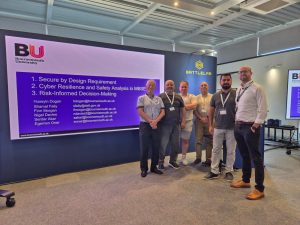
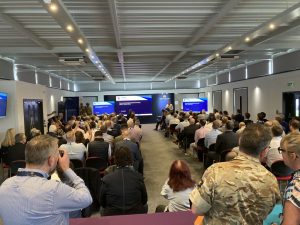
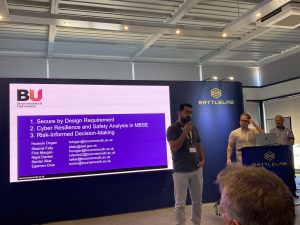


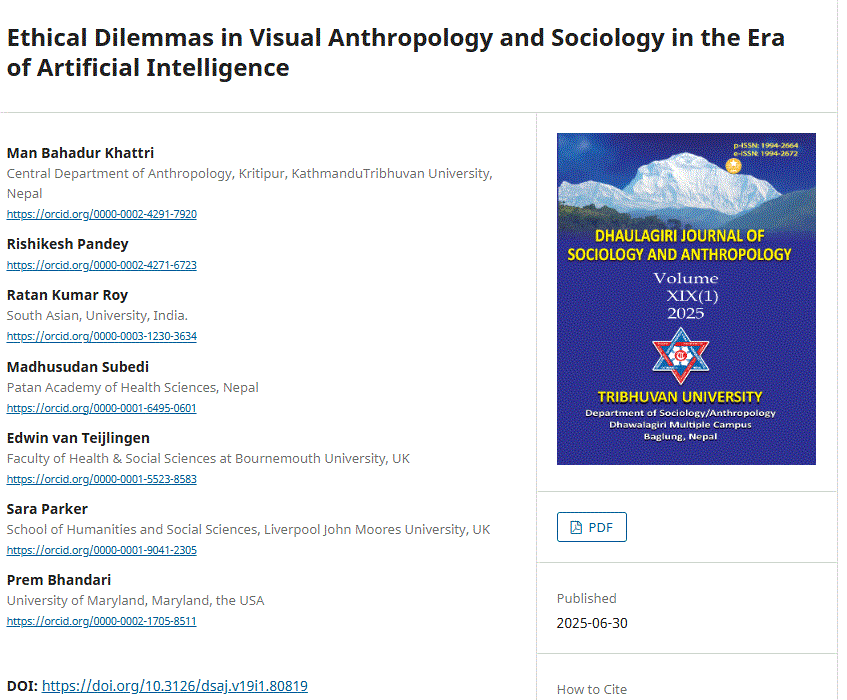
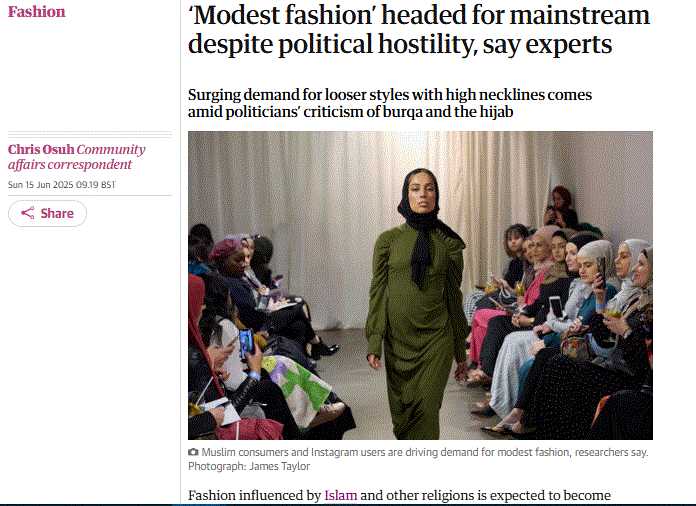
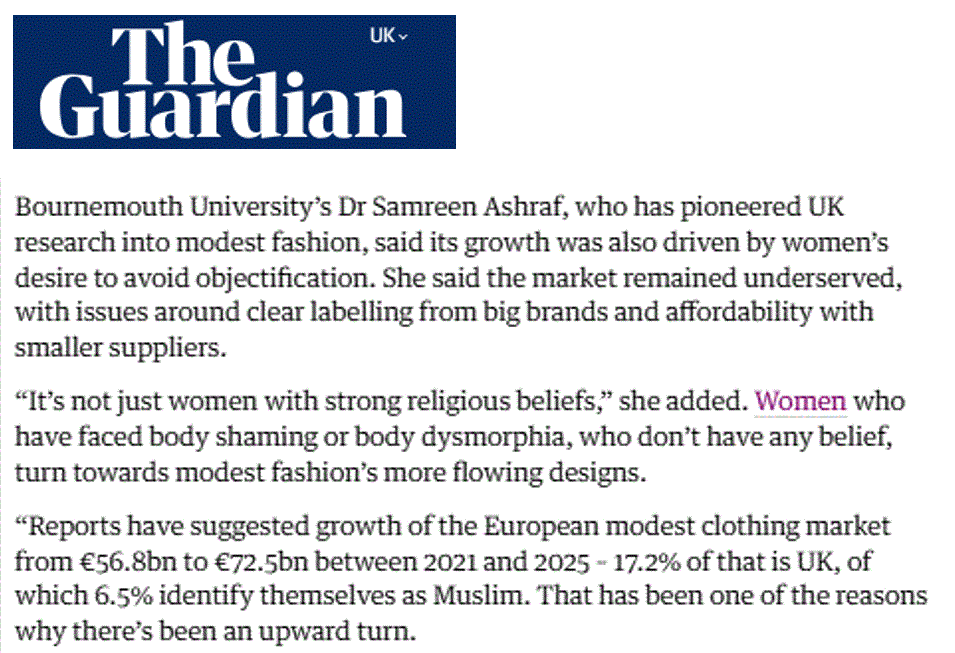
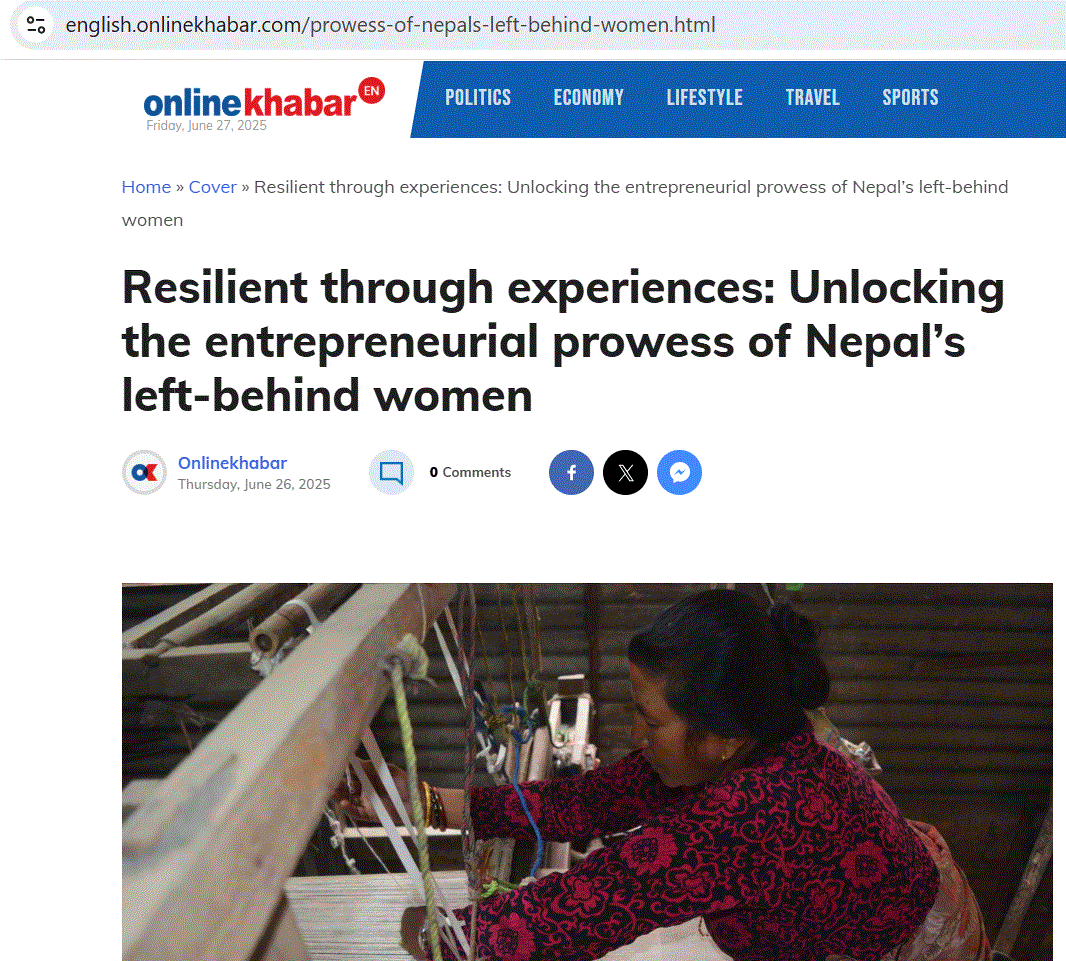
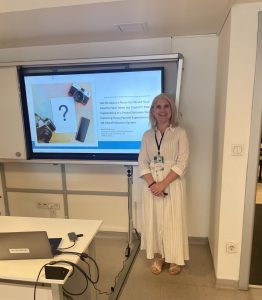
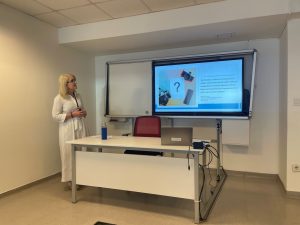
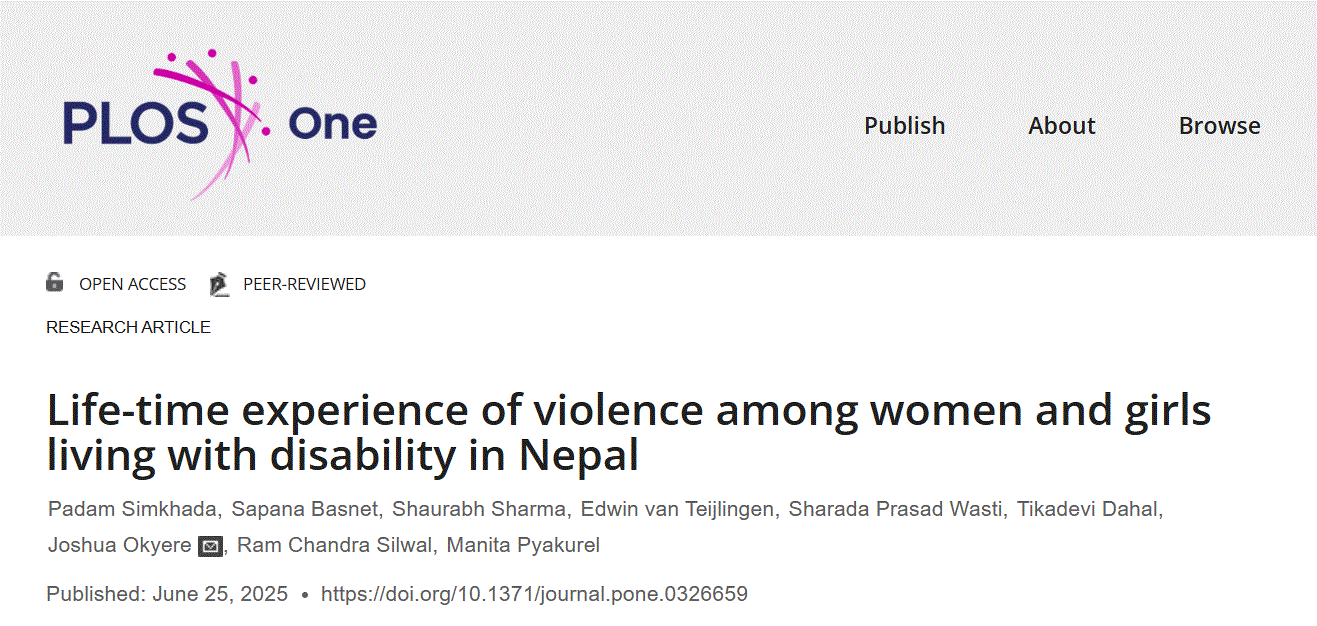
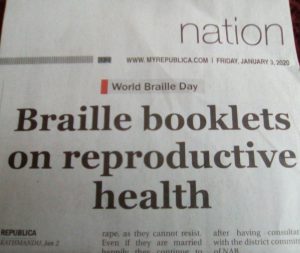

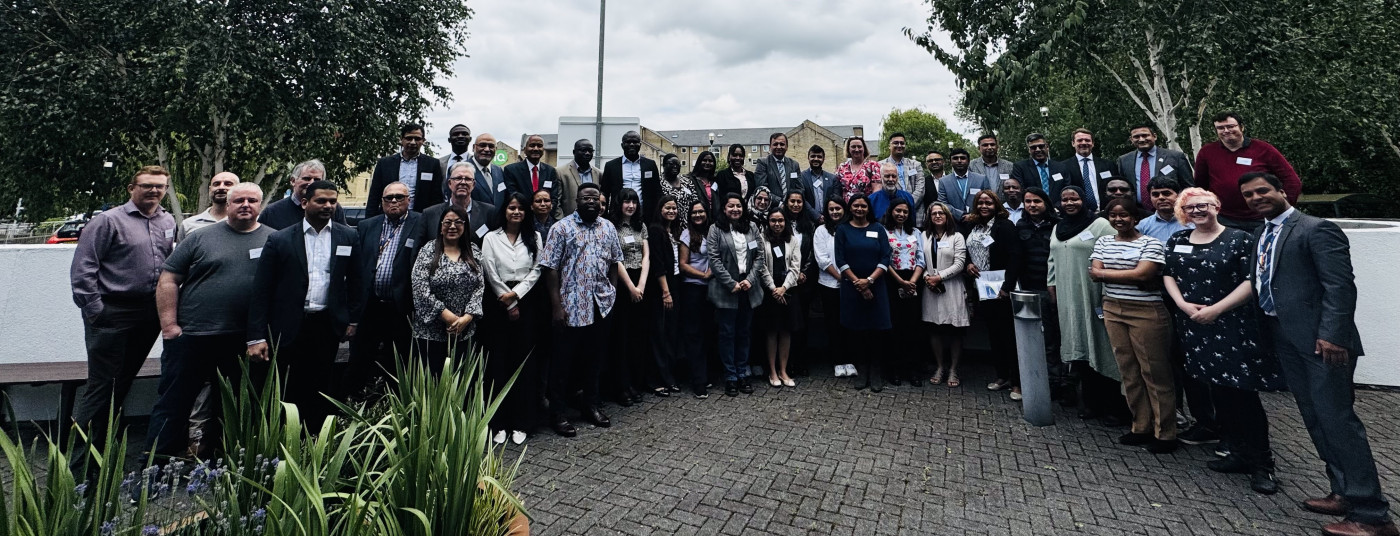
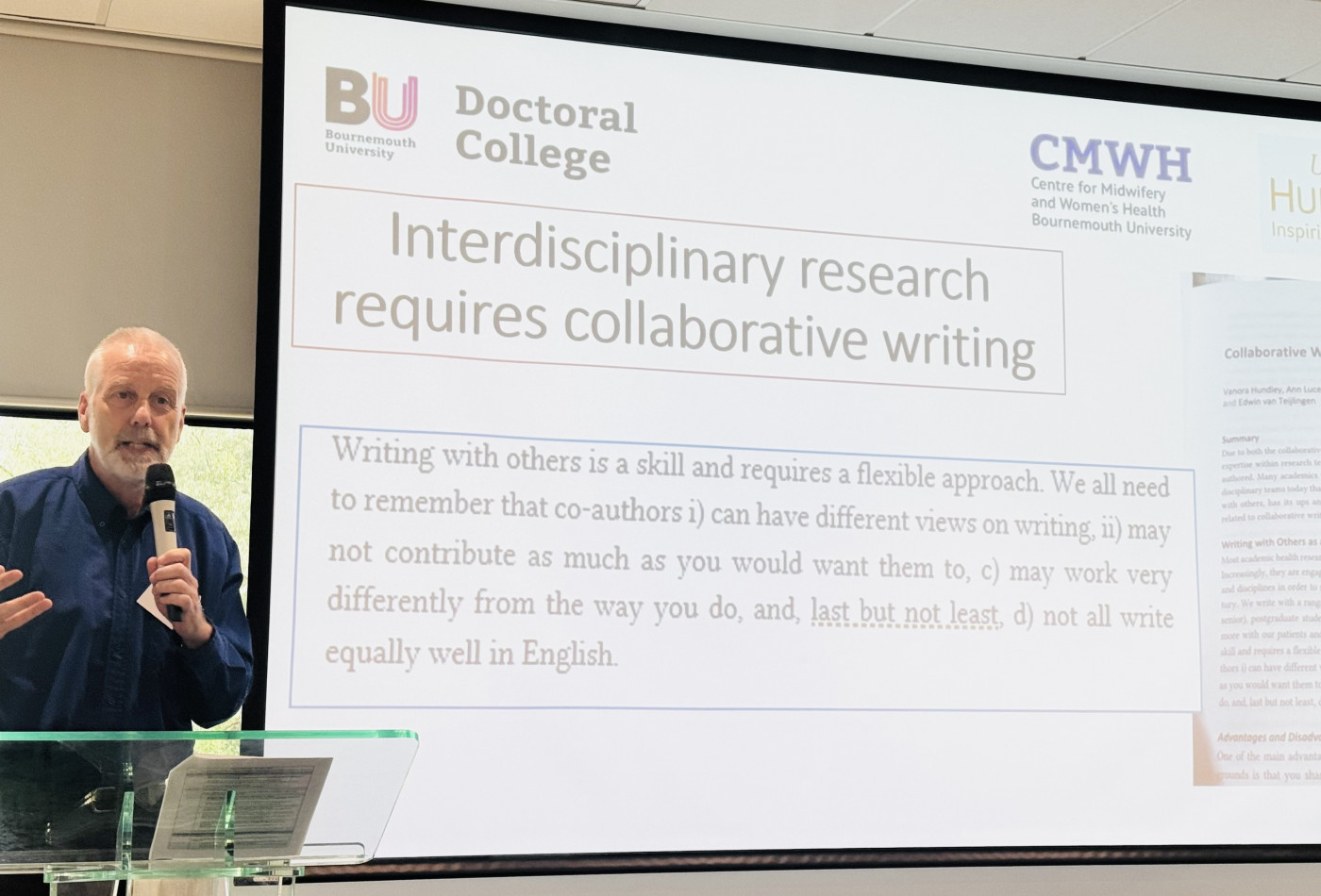
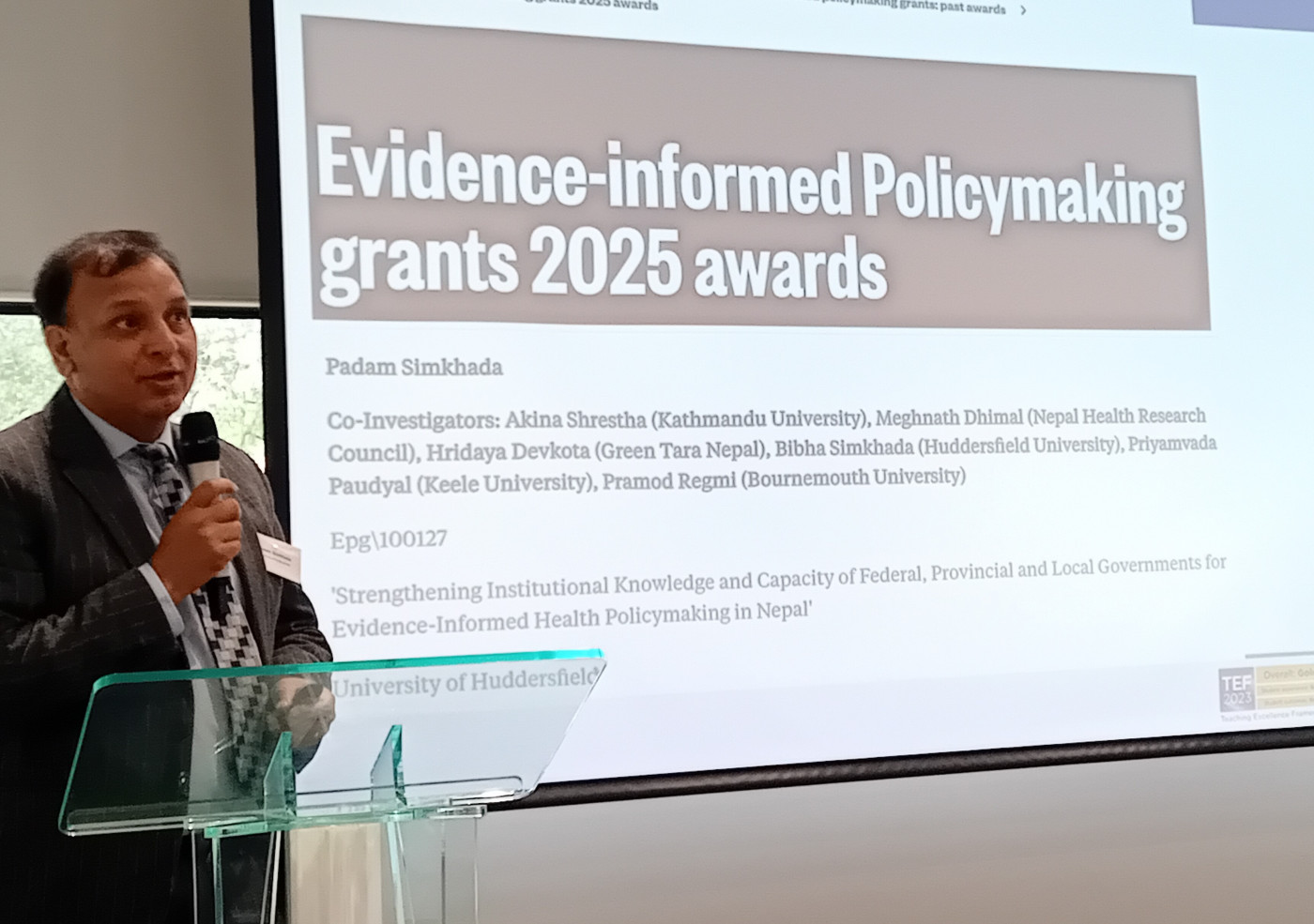

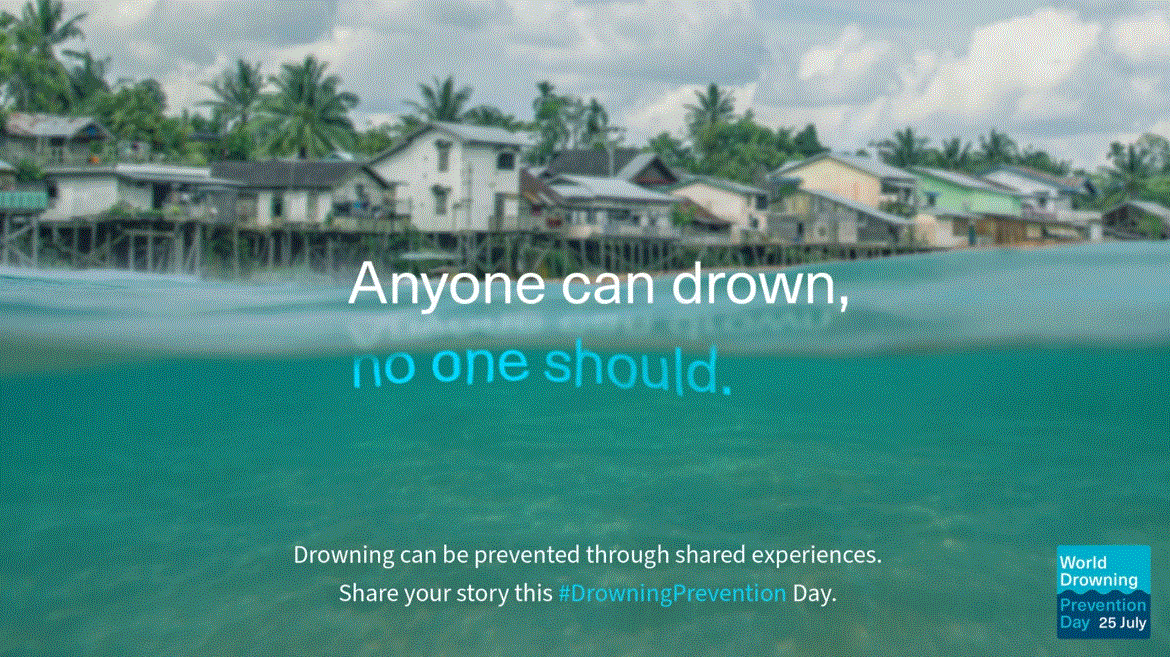
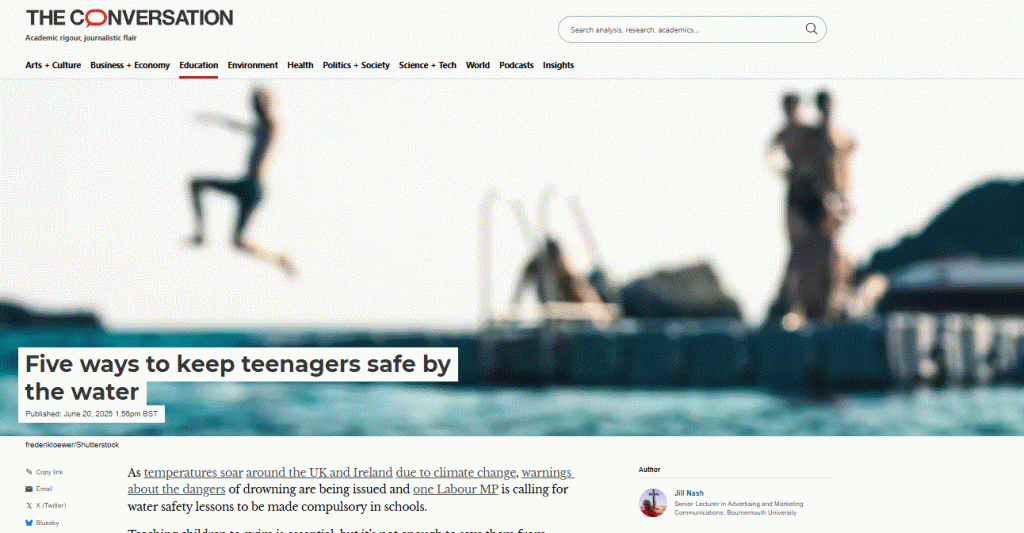













 Seeing the fruits of your labour in Bangladesh
Seeing the fruits of your labour in Bangladesh Exploring Embodied Research: Body Map Storytelling Workshop & Research Seminar
Exploring Embodied Research: Body Map Storytelling Workshop & Research Seminar Marking a Milestone: The Swash Channel Wreck Book Launch
Marking a Milestone: The Swash Channel Wreck Book Launch No access to BRIAN 5-6th February
No access to BRIAN 5-6th February ECR Funding Open Call: Research Culture & Community Grant – Application Deadline Friday 12 December
ECR Funding Open Call: Research Culture & Community Grant – Application Deadline Friday 12 December MSCA Postdoctoral Fellowships 2025 Call
MSCA Postdoctoral Fellowships 2025 Call ERC Advanced Grant 2025 Webinar
ERC Advanced Grant 2025 Webinar Update on UKRO services
Update on UKRO services European research project exploring use of ‘virtual twins’ to better manage metabolic associated fatty liver disease
European research project exploring use of ‘virtual twins’ to better manage metabolic associated fatty liver disease
Explore our work, meet our partners, and find out how you can collaborate with us by clicking here! MIHERC is led by Sheffield Hallam University, with Bournemouth University as a key partner and the important funding coming from NIHR (National Institute for Health and Care Research) Maternity Challenge Initiative. The BU key academics are: Huseyin Dogan, Vanora Hundley, Edwin van Teijlingen, and Deniz Çetinkaya. Please share with all who may be interested.